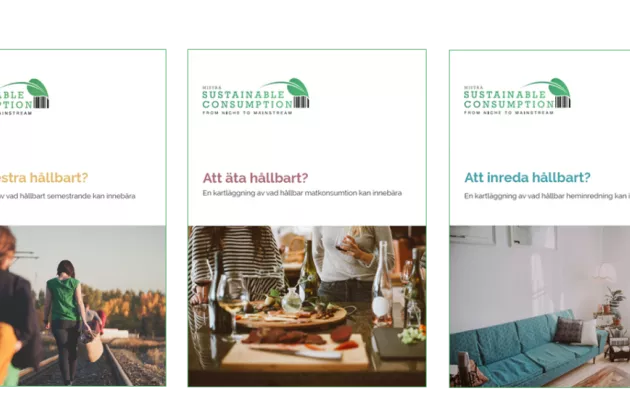Children who prioritize Minecoins over real currency, and young men engrossed in driving virtual cars in computer games could be early signs of a larger shift in values and preferences triggered by increasing digitalization of everyday life. Together with other developments, such as targeted advertising on social media and subscription services prompting increased consumption, the impact of digitization on consumption patterns and volumes ventures into largely unexplored territory. Engaged in several projects that address these challenging questions, IIIEE researcher Matthias Lehner shares his insights and reflections in an interview with MISTRA, the Swedish Foundation for Strategic Environmental Research.
"We're dedicating increasingly more time to screens, but what does this mean for the rest of our lives? Are we reducing other activities? Or are we becoming more efficient, leading more intense lives? There are concerning signs that time spent outdoors, exercising, sleeping, and reading - all activities with low carbon footprints and beneficial to human well-being - is diminishing. Yet, could an increasingly digital lifestyle also lead to, for instance, less travel and a reduced desire for material possessions, thereby decreasing carbon dioxide emissions?"
These and other reflections from Matthias Lehner in the article here (in Swedish)





